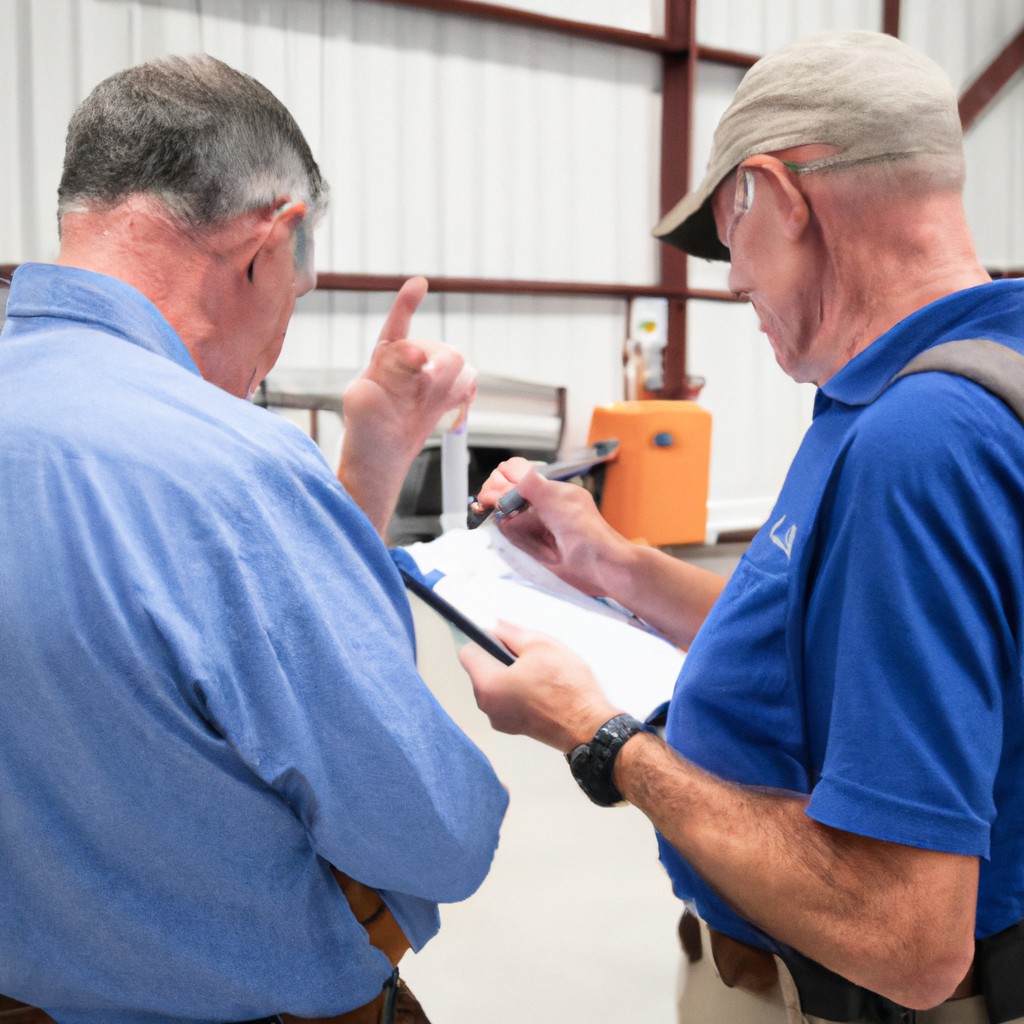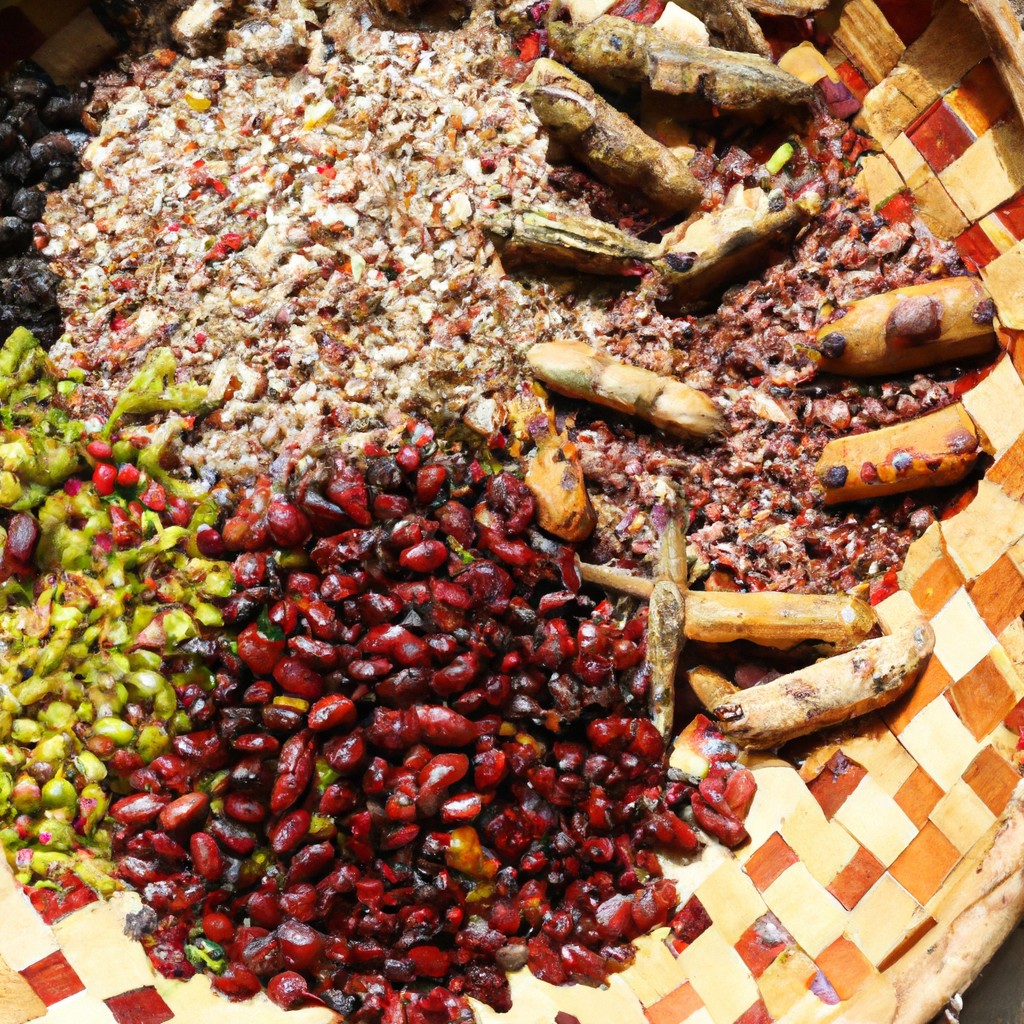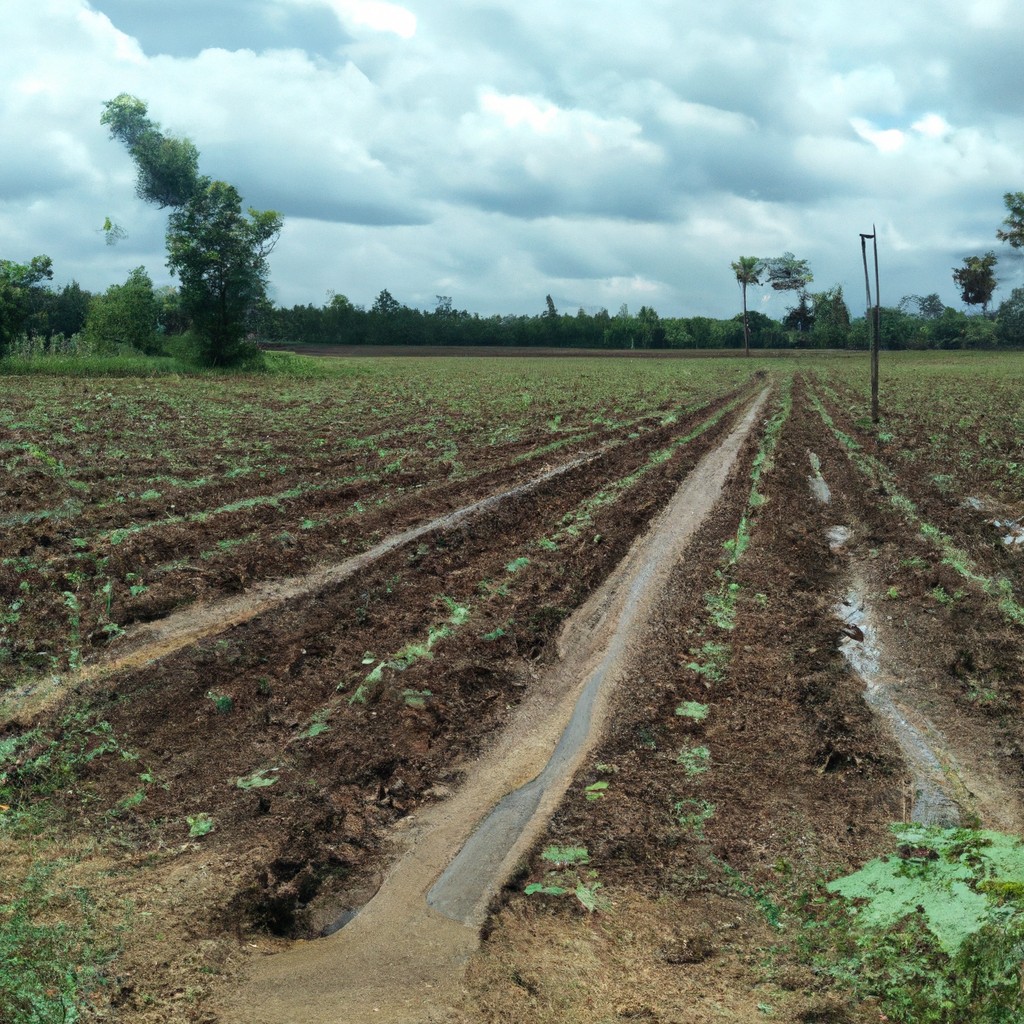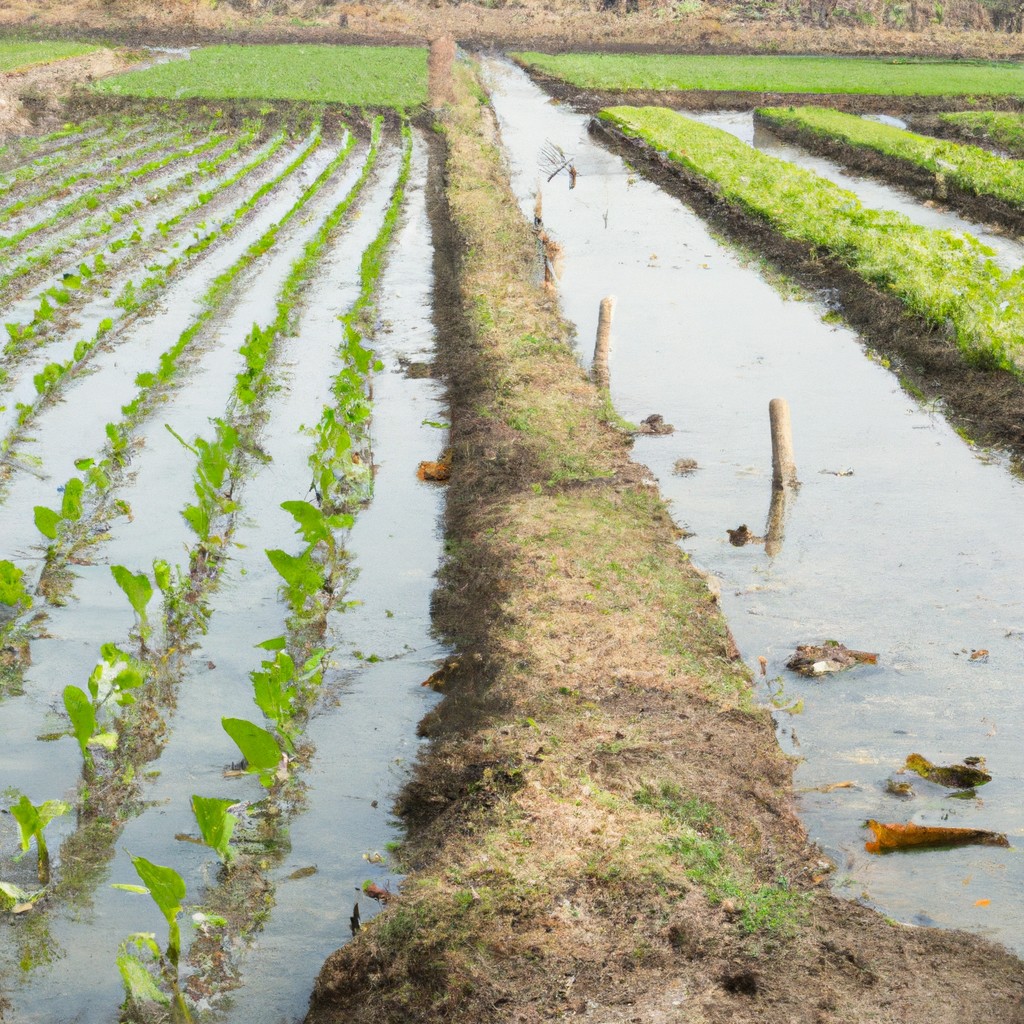Discover how sustainable agriculture and natural resource management can transform food production and protect our planet.
Look Inside:
Agricultural Engineers
When crops refuse to cooperate or irrigation systems throw tantrums, who you gonna call? Agricultural engineers! They are like the ghostbusters of the farming world, swooping in with their incredible tech skills to save the day. These folks blend knowledge of engineering with agriculture to create smarter, more efficient farming systems.
Picture this: innovative irrigation systems that deliver just the right amount of water, solar-powered machinery reducing the carbon footprint, or even drones monitoring crop health from above. Yup, that’s all in a day’s work for our agricultural engineers.
From designing state-of-the-art equipment to devising solutions for reducing environmental impact, they turn age-old practices into futuristic farming marvels. Crop failure? They have an app for that! Neighbor’s cows constantly trespassing? Solutions are coming right up!
So next time you see a perfectly irrigated farm or a tractor that looks like it came out of a sci-fi movie, give a little nod of appreciation to the engineering wizards behind the scenes.
Agricultural Equipment Operators
Imagine steering a massive tractor as if it were a bumper car at the fair. Fun, right? Agricultural equipment operators do just that, but with a lot more responsibility and fewer rubber bumpers. They handle all kinds of machinery used for planting, harvesting, and maintaining crops.
First thing’s first: Safety is key. Operating these behemoths requires careful attention to detail and strict adherence to safety protocols. No one wants a runaway combine.
Then there’s the tech aspect. Modern agricultural machinery is more like a spaceship than an old plow. GPS technology, automated steering, and precision farming software are just some of the cool tools operators use to optimize efficiency and maximize yield.
Maintenance is another important piece. Just like you wouldn’t drive a car with a flat tire, these machines need regular check-ups to keep everything running smoothly. A good operator knows their way around a wrench.
The job’s not just about brute force. There’s an art to calibrating equipment to different crop types and soil conditions. Think of it as the ultimate puzzle, with Mother Nature throwing in a few extra pieces for good measure.
In essence, it’s a blend of farming muscle and technological finesse, all while ensuring safety and efficiency on the field.
Agricultural Technicians
Got a passion for plants but don’t want to be stuck behind a desk? Agricultural technicians are your kindred spirits. These folks are like the lab rats and field mice of the farming world, minus the tails. They mix science and practicality, combining research with real-world application.
They engage in everything from soil testing to crop trials. Imagine them decked out in their best Indiana Jones gear, braving the elements to collect soil samples. Now, picture them in white lab coats, analyzing those samples to improve crop yields. Quite the transformation, right?
Agricultural technicians also play a vital role in animal husbandry, monitoring livestock health and nutrition like furry little gym trainers. They help figure out what makes the herd happier, healthier, and more productive.
Lest you think they’re all work and no play, these tech wizards also get to tinker with cutting-edge technology. Picture drones mapping out fields or sensors measuring soil moisture. It’s like being on the farm and in a sci-fi movie at the same time.
Environmental Service Systems
Imagine a superhero team for the planet. That’s what environmental service systems are. They focus on managing natural resources to ensure sustainability. They’re the guardians of clean air, safe water, and healthy soil.
One big part? Waste management. These folks handle everything from recycling programs to waste disposal, making sure nothing gets lost in the trash shuffle.
Pollution control is another key area. Think of them as the bouncers at Mother Nature’s VIP party, keeping out the nasty pollutants.
And let’s not forget: conservation is a major mission. They implement strategies to preserve ecosystems and biodiversity, like putting the pandas of the plant world on the endangered species list.
These pros also monitor environmental impacts. They use science and data to keep tabs on how our actions affect the earth. If something’s off, they’re the first to sound the eco-alarm.
In short, they’re the earth’s all-around caretakers, making sure we don’t turn our blue planet into a gray one.
Food Products and Processing Systems
In the realm of making breakfast yummy, there’s a lot more science than you might expect. Imagine Willy Wonka’s factory but turn the chocolate river into a kale smoothie. That’s essentially what experts in this area do.
First off, there’s the creation. They don those fabulous white lab coats and develop new food products. It’s not all test tubes and Bunsen burners; it’s about crafting flavors and textures that make you go “Whoa, how is this even possible?”
Next, there’s processing. Picture a superhero battle where the villain is spoilage and bacteria. These experts fight back with methods like pasteurization, drying, and fermenting. It’s like the best “food fight” you’ve never seen—keeping things safe and tasty.
Then, we have packaging. It’s not just about looking pretty on the shelf; it’s a fortress, protecting that last slice of pizza from the horrors of the world. Plus, it has to be environmentally friendly because, hey, we like turtles and rainforests.
So, from whipping up recipes to keeping that bag of chips crispy, these experts make every bite an adventure. They don’t just feed us; they feed our curiosity one delicious morsel at a time.




